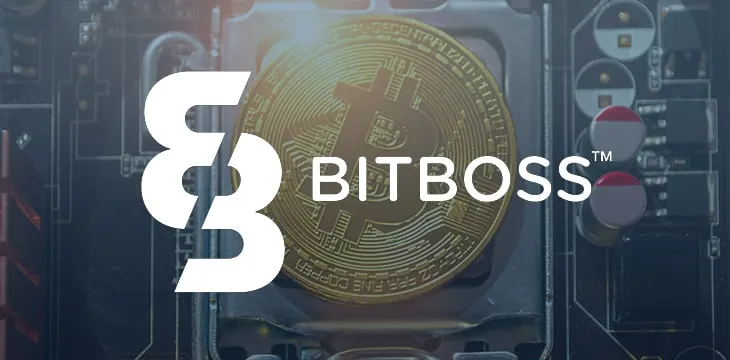|
Getting your Trinity Audio player ready...
|
Bringing the online casino experience to the blockchain is an arduous process that requires careful consideration of the current technological limitations and how to mitigate them. Making it work in real-time while also supporting the volume of transactions necessary for a complex game is another challenge. Online gaming platform BitBoss has found a solution to these problems with the release of the first blackjack game run entirely on-chain.
Bitcoin CEO Matt Dickson and CTO Alex Shore sat down with the Bitcoin Association to explain how they achieved this feat and what it means for their industry’s future.
BitBoss announces the first Blackjack game running on #BSV. Content Creators can configure our game rules and get paid in real time. All game play is on chain and all bet results are provably fair. Try playing – visit our white label partner at https://t.co/KMDh7ETy0f pic.twitter.com/sYDdkh4kHf
— bitbossio (@bitbossio) October 5, 2020
Shore explained recording transactions on Bitcoin SV, saying:
“Like with our other offerings, every single bet and bet result for our blackjack game is a transaction on the Bitcoin SV blockchain. But with blackjack, we go further because blackjack is a multi-action game—every action is recorded as a blockchain transaction. This has a ton of benefits because everything is provably fair. You don’t have to build off-chain technology and try to scale it. Everything is on the Bitcoin SV blockchain.”
Dickson followed up, noting how BitBoss created something public and usable, not hidden or obscured behind company servers. “It’s a public ledger, and that’s the joy of it,” says Matt Dickson while also noting that this allows for the creation of new business models in iGaming.
A blockchain-based casino game’s benefits are the same as those that underpin a blockchain itself: transparency, accessibility, and immutability. Players can garner a better awareness of their own habits, successes, and failures, which they can use to improve as players or monitor their gambling usage to identify and curb problematic usage.
The iGaming operator can use this information to run their platform with total transparency and compliance. Hence, regulators see for themselves what’s going on in real-time rather than as part of an operator’s monthly report. The regulator has the certainty that the records they are assessing are accurate and complete, with no room for any party to alter or exclude records.
BitBoss still faces some technical limitations with its on-chain game. Financial transactions remain subject to the time constraints of the block discovery mechanism. They have come up with a creative workaround solution to prevent lulls in in-play action by giving players more options to have different unspent outputs or UTXOs, that they can use to place new bets and start different chains on these other UTXOs.
“We have a limit where we can chain 50 transactions together (which works out to 25 bets), and we can do things where players can move BSV around, and we end up where we have many different UTXOs to begin a new chain. We might hit the limit on one of these chains, but then we can start another and another,” says Shore.
Both Shore and Dickson expect they will remove the limit on unchained transactions within a matter of months. Until then, they remain confident in the modifications made to make the game fully operable now.
“We’ve done a lot of work on this limit, but when it goes away, our system is going to be that much more powerful. Even if a block takes 90 minutes to get mined, it doesn’t matter,” insists Shore. “Even if you play now before you hit the limit, you can play a lot, and it’s fast. It’s the same speed as playing a client-server game, and to us, that’s revolutionary.”
Once the limit is removed, both Dickson and Shore believe it will be massive for online gambling. It will make Bitcoin SV the ultimate blockchain for gambling.

 07-09-2025
07-09-2025 





